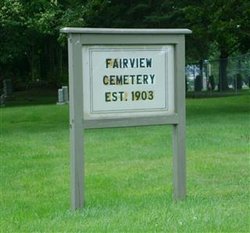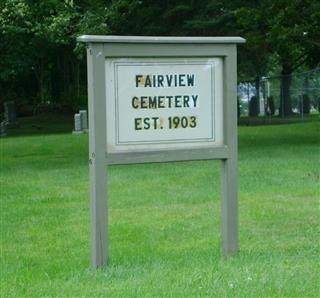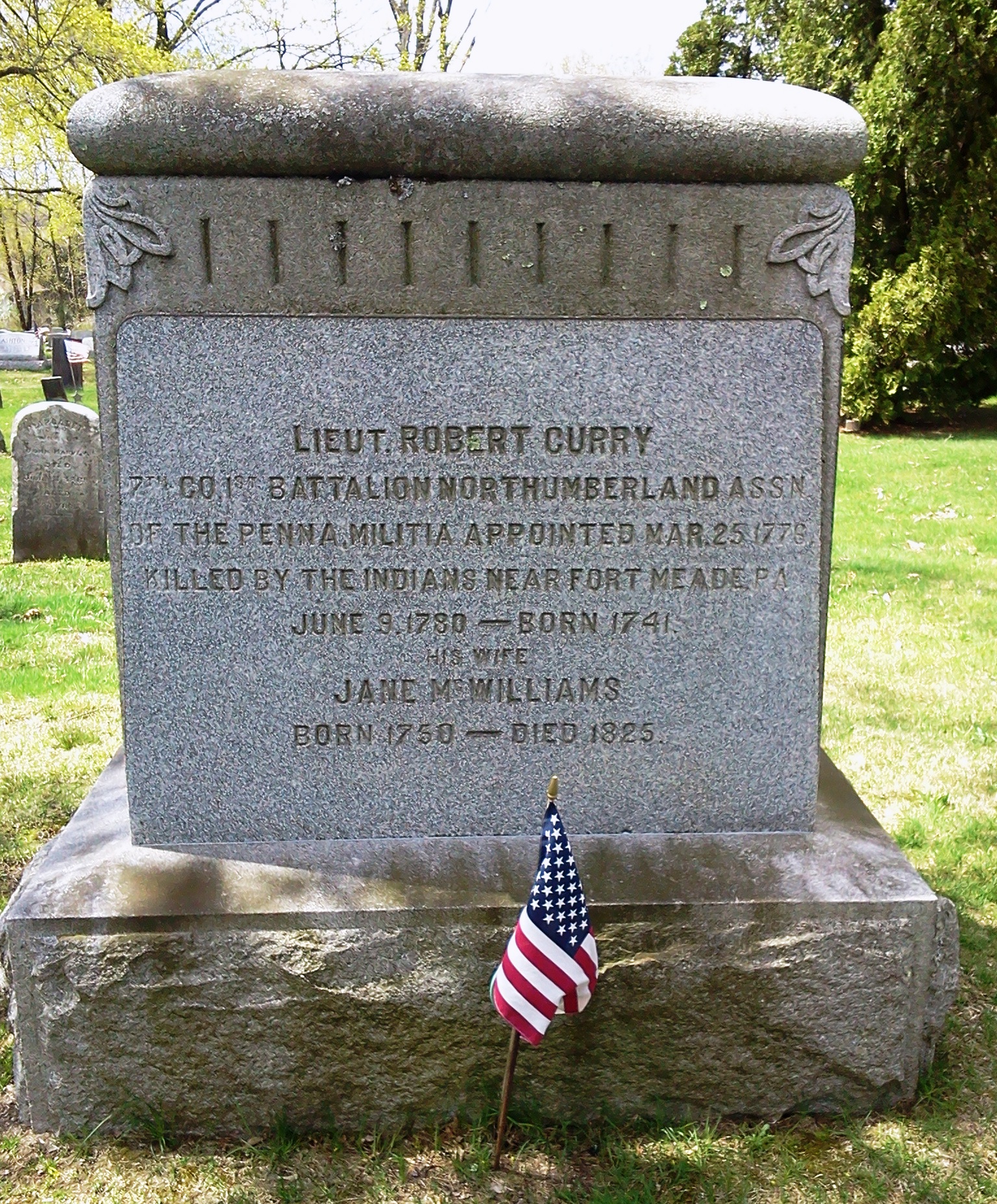Northumberland County, Pennsylvania regiment. He was scalped by the
Indians near Fort Mead, on the north branch of the Susquehanna.
"Two years previously, in May, 1780, Robert CURRY and his wife,
traveling on horseback from Northumberland, on the way to their little
farm on the Mahoning, when about midway between the two places, were
attacked by the savages. He was killed and scalped and his skull
broken to fragments with their tomahawks. She was taken prisoner. Her
hair was long and jet black, which they greatly admired. They told her
she was 'a much pretty squaw,' and would not hurt her. They traveled
until night when they encamped. They then tied her hands and feet with
hickory bark. Soon they were in a profound sleep, when she cut the
bark from her wrists and ankles. She had concealed a pair of scissors
about her person which, fortunately for her, escaped their vigilant
search when she was first made captive. She fled from their camp as
fast as possible, but they soon missed her and, lighting torches,
pursued her in all directions.She concealed herself in the top of a
fallen tree. They passed over the trunk of the tree and, as they did
so, cried out: 'Come out, squaw, we see you. Come out, pretty squaw,
we see you.' After some time spent in fruitless search they abandoned
it, broke up their camp before daylight and pursued their journey. She
then returned to the remains of her murdered husband and gathering up
the pieces of his skull in her apron, took them to her house which she
reached the next day. The agony and deep distress of this poor woman
may be conceived, but the pen utterly fails to describe them."
ROBERT CURRY (deceased) is numbered among the earliest settlers of
this part of Pennsylvania. He was born in the North of Ireland, June
9, 1741; educated in the schools of his native country, where his
father was a well-to-do linen manufacturer. He immigrated to America
in 1772, settling on Mahoning Creek, in what is now Valley Township,
Montour Co., Penn., and there followed farming. He was killed and
scalped by the Indians June 9, 1780. He was a Presbyterian in
religious belief and was one of the first to give his money and
influence toward the propagation of the gospel in these parts, and was
also trustee of his church. He married Miss Jane McWILLIAMS in
Belfast, Ireland, and four children were born to them: James, who was
born in Ireland, grew to manhood and settled in Ohio; Robert, who
settled on the north branch of the Susquehanna River; William, who
settled on the home place in Valley Township, Columbia Co., Penn., and
Jane, the first white child born between the north and west branches
of the Susquehanna River, married to Robert McWILLIAMS. The sons were
well-to-do farmers, noted for their honesty and integrity. (History of
Columbia and Montour Counties Pennsylvania, Battle, 1887, Danville,
pg. 148)
Northumberland County, Pennsylvania regiment. He was scalped by the
Indians near Fort Mead, on the north branch of the Susquehanna.
"Two years previously, in May, 1780, Robert CURRY and his wife,
traveling on horseback from Northumberland, on the way to their little
farm on the Mahoning, when about midway between the two places, were
attacked by the savages. He was killed and scalped and his skull
broken to fragments with their tomahawks. She was taken prisoner. Her
hair was long and jet black, which they greatly admired. They told her
she was 'a much pretty squaw,' and would not hurt her. They traveled
until night when they encamped. They then tied her hands and feet with
hickory bark. Soon they were in a profound sleep, when she cut the
bark from her wrists and ankles. She had concealed a pair of scissors
about her person which, fortunately for her, escaped their vigilant
search when she was first made captive. She fled from their camp as
fast as possible, but they soon missed her and, lighting torches,
pursued her in all directions.She concealed herself in the top of a
fallen tree. They passed over the trunk of the tree and, as they did
so, cried out: 'Come out, squaw, we see you. Come out, pretty squaw,
we see you.' After some time spent in fruitless search they abandoned
it, broke up their camp before daylight and pursued their journey. She
then returned to the remains of her murdered husband and gathering up
the pieces of his skull in her apron, took them to her house which she
reached the next day. The agony and deep distress of this poor woman
may be conceived, but the pen utterly fails to describe them."
ROBERT CURRY (deceased) is numbered among the earliest settlers of
this part of Pennsylvania. He was born in the North of Ireland, June
9, 1741; educated in the schools of his native country, where his
father was a well-to-do linen manufacturer. He immigrated to America
in 1772, settling on Mahoning Creek, in what is now Valley Township,
Montour Co., Penn., and there followed farming. He was killed and
scalped by the Indians June 9, 1780. He was a Presbyterian in
religious belief and was one of the first to give his money and
influence toward the propagation of the gospel in these parts, and was
also trustee of his church. He married Miss Jane McWILLIAMS in
Belfast, Ireland, and four children were born to them: James, who was
born in Ireland, grew to manhood and settled in Ohio; Robert, who
settled on the north branch of the Susquehanna River; William, who
settled on the home place in Valley Township, Columbia Co., Penn., and
Jane, the first white child born between the north and west branches
of the Susquehanna River, married to Robert McWILLIAMS. The sons were
well-to-do farmers, noted for their honesty and integrity. (History of
Columbia and Montour Counties Pennsylvania, Battle, 1887, Danville,
pg. 148)
Advertisement
Records on Ancestry
Advertisement





